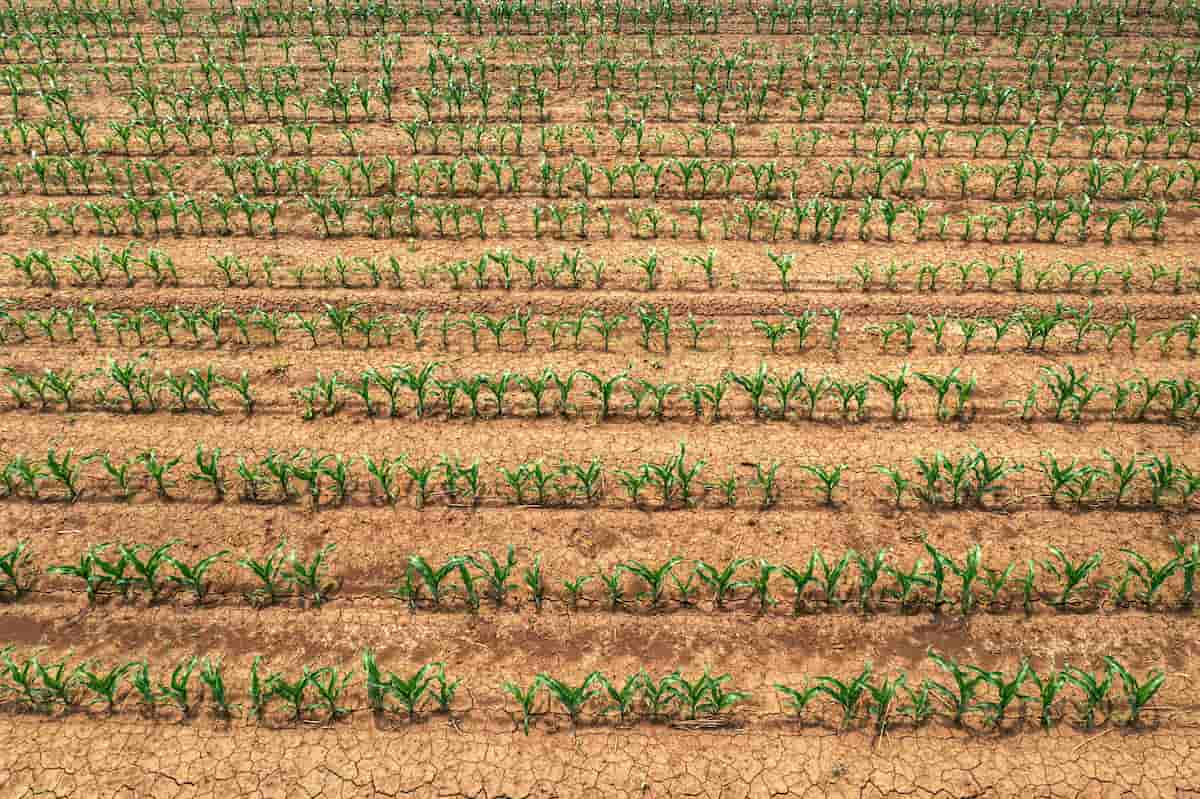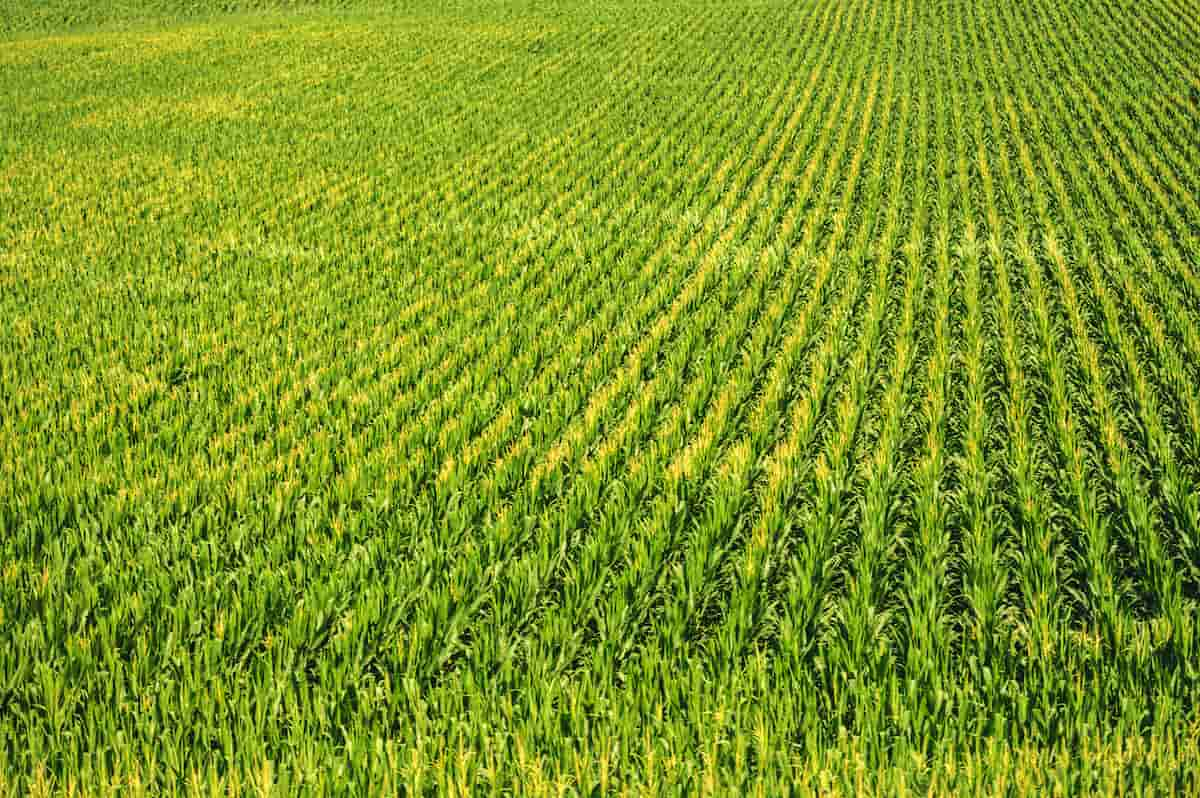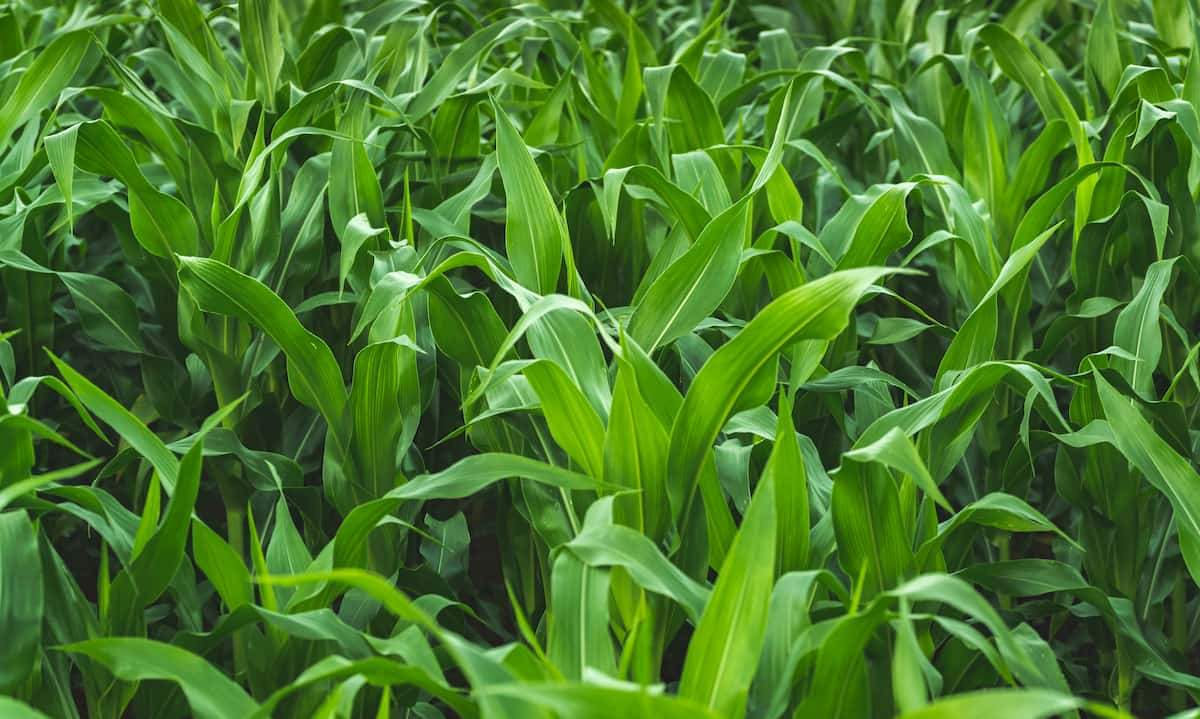As we strive to create a sustainable future for our planet, sustainable farming is becoming more important than ever. One innovative approach to sustainable farming is zero-input agriculture, which involves cultivating crops without synthetic fertilizers, pesticides, or other external inputs. This method can potentially revolutionize how we produce food by improving soil health, reducing environmental impact, enhancing crop quality and yield, and lowering costs for farmers.

Furthermore, it can potentially improve local food systems and increase food security in areas where traditional farming methods may not be viable. While there are challenges and limitations to implementing zero-input agriculture, advances in technology and innovation are making it increasingly possible to produce food sustainably without relying on synthetic inputs. Ultimately, zero-input agriculture has the potential to shape the future of sustainable farming and contribute to a healthier and more sustainable for generations to come.
Benefits of Zero-Input Agriculture
What is Zero-Input Agriculture?
Zero-Input Agriculture, also known as natural farming, is a farming approach that involves cultivating crops without external inputs such as pesticides, fertilizers, or irrigation. It is based on the idea that agriculture should work in harmony with nature rather than against it. Developed in the 1930s by Japanese farmer Masanobu Fukuoka, natural farming has gained popularity worldwide as a sustainable alternative to conventional agriculture.
Zero-input farmers use natural methods such as cover cropping, crop rotation, and intercropping to increase soil fertility, conserve water, and enhance biodiversity. By avoiding chemical fertilizers and pesticides, zero-input agriculture helps to mitigate the negative environmental impacts of conventional farming. These harmful chemicals can pollute soil and water, leading to health problems and environmental degradation.
Benefits of Zero-Input Agriculture
- Improve yield: Zero-input agriculture practices result in better yields. Farmers using natural methods have reported increased crop yields due to improved soil health, pest control, and increased biodiversity.
- Increased farmers’ income: Zero-input agriculture practices can increase farmers’ income. Farmers can earn more money by reducing production costs and increasing yields.
- Minimize the cost of production and increase farmers’ income: Zero-input agriculture practices eliminate the need for chemical fertilizers, pesticides, and herbicides, thereby reducing the cost of production. This results in an increase in farmers’ income.
- Ensure better health: Zero-input agriculture practices produce healthy and nutritious food. Natural farming methods use no chemical inputs, resulting in chemical-free food.
- Employment Generation: Zero-input agriculture practices can generate employment opportunities, especially in rural areas. This can help reduce poverty and improve local communities’ living standards.
- Eliminate the application of chemical inputs: Zero-input agriculture practices eliminate chemical fertilizers, pesticides, and herbicides. This helps reduce the negative environmental impact and the production cost for farmers.
- Environment conservation: Zero-input agriculture practices are environmentally friendly. They help conserve natural resources such as water, soil, and biodiversity and reduce greenhouse gas emissions.
- Reduce water consumption: Zero-input agriculture practices can help reduce water consumption. By using natural farming methods, farmers can conserve water and reduce the pressure on water resources.
- Rejuvenate soil health: Zero-input agriculture practices rejuvenate soil health. By using natural methods such as crop rotation, intercropping, and composting, farmers can improve soil fertility and structure.
- Livestock sustainability: Zero-input agriculture practices can be used to sustain livestock. By using natural methods such as rotational grazing, farmers can ensure that livestock is well-fed and healthy.
- Women’s agency and community ownership for scaling up Natural Farming: Zero-input agriculture practices can empower women and promote community ownership. Women can easily adopt natural farming methods and can help improve their economic status.
- Resilience: Zero-input agriculture practices can increase the resilience of the agricultural system. By using natural methods, farmers can reduce the impact of climate change on their crops, making their farming practices more sustainable in the long run.
In case you missed it: Sustainable Greenhouse Farming Practices: Eco-Friendly Growing Methods

Challenges and Limitations of Zero-Input Agriculture
- Lack of awareness and knowledge: One of the major challenges associated with ZIA is the need for more awareness and knowledge about the concept among farmers. Many farmers still need to learn about the potential benefits of ZIA and how it can be implemented effectively.
- Limited availability of organic inputs: ZIA relies on organic inputs and natural resources, which may only be available in some regions. This may limit the scope of ZIA implementation, especially in areas with poor soil quality and limited access to organic inputs.
- Low yield: The yield of ZIA is generally lower compared to conventional farming practices. This can make it impossible for farmers to sustain their livelihoods, especially in areas with low agricultural productivity.
- Marketing and price differentiation: One of the major challenges associated with ZIA is the need for more price differentiation for organic produce. Many farmers need help finding a market for their natural products, often sold at the same price as chemically grown produce.
- Lack of government support: There needs to be more government support for ZIA, including subsidies, research and development, and marketing support. This makes it difficult for farmers to adopt ZIA on a wider scale.
The Future of Sustainable Farming: Zero-Input Agriculture and Beyond
Zero-Input Agriculture and other ways that emphasize holistic, natural approaches to farming are the future of sustainable agriculture. There is a pressing need for a paradigm shift in food production in light of the expanding human population and mounting worries about the environmental impact of conventional farming practices.
Using natural inputs like compost and beneficial microbes, Zero-Input Agriculture provides a path forward that prioritizes soil health, biodiversity, and sustainability. We also need to keep developing and investing in environmentally friendly farming techniques. Precision farming, vertical farming, and the creation of eco-friendly packaging and delivery networks are all examples of what might fall under this category.
In case you missed it: A Guide to Sustainable Gardening: Explained in 10 Steps

Conclusion
Zero-Input Agriculture is an innovative and sustainable farming practice that has the potential to revolutionize the agricultural industry. With its numerous benefits, such as improved yield, reduced costs, and environmental conservation, it is clear that Zero-Input Agriculture has a bright future in the world of sustainable farming.
- Feed Your Flock for Less: Top 10 Tips to Save on Chicken Feed
- Ultimate Guide to Ossabaw Island Hog: Breeding, Raising, Diet, and Care
- Hatching Answers: The Top 10 Reasons Your Chickens Aren’t Laying Eggs
- Eggs and Economics: Breaking Down the Cost of Raising Backyard Chickens
- Defend Your Greens: Proven Methods to Keep Iguanas Out of Your Garden
- Ultimate Guide to Cinnamon Queen Chicken: A Comprehensive Guide for Beginners
- Ultimate Guide to California Tan Chicken: Breeding, Raising, Diet, Egg-Production and Care
- Ultimate Guide to Marsh Daisy Chicken: Breeding, Raising, Diet, and Care
- 10 Types of Chicken Farming Businesses You Can Start for Profits